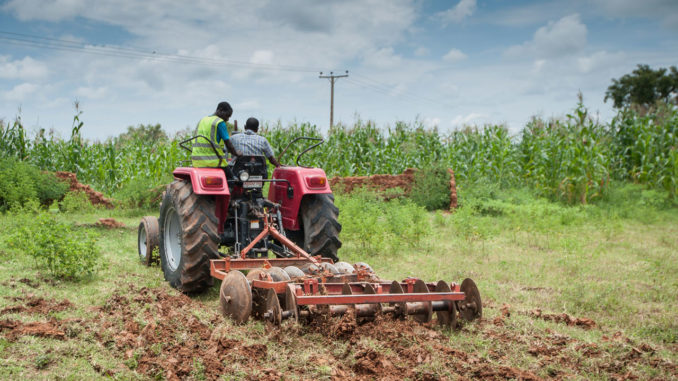
NIGERIA needs food security. Yet, its farming communities are under torment. This is a national paradox. In this context, the deadly attacks that recently took place in Edo State and claimed 24 lives are a pointer to the insensate violence that continues to spread across the country, particularly in farming communities.
Therefore, state governments should stop depending on the Federal Government for security. They should take decisive steps to end this recurring mayhem.
The first clash, which claimed 22 lives, occurred between cocoa farmers and alleged produce thieves in the agrarian community of Gbelemotin in the Ovia South-West Local Government Area of Edo. Contrary to the seven deaths initially reported by the Edo Police Command, other accounts confirmed a higher toll.
Tragically, the violence began on a Thursday night and escalated the following morning when sympathisers of those killed launched a counterattack, leading to more fatalities.
In a separate incident, two residents of the Okpekpe community in the Etsako East LGA—Batemue Ebo and Christopher Bello—were reportedly murdered last week by suspected killer herders.
Aside from the lives taken during the devastating attacks, the Governor, Monday Okpebholo, revealed, “The militants also destroyed farm produce worth millions of naira.”
The spate of insecurity in farming communities has been one of the major causes of food insecurity in Nigeria.
A 2024 report by the World Food Programme identified persistent violence in the North as a factor hindering food availability and access.
“Additionally, banditry and kidnappings in the North-West and farmer-herder conflict in the North-Central states” have “exacerbated the prevailing economic struggles,” the report stated.
In January, suspected armed herders killed about 19 people in renewed attacks on some communities in the Kwande LGA of Benue State.
In the first attack, 16 farmers who were returning to their village were killed on Kashimbila Road and their bodies were thrown into River Katsina-Ala. In the second attack, which occurred in the same LGA, three persons were murdered.
That same month, nine farmers were killed by bandits in Kagara, in the Shiroro LGA of Niger State. Six individuals were kidnapped, and numerous cattle were stolen. Earlier in the month, in the Wushishi and Rafi LGAs of Niger, two persons were shot dead and 10 kidnapped.
Similarly, in January, at least 40 farmers were killed in an attack by extremists from the Boko Haram group and its breakaway faction that is loyal to the Islamic State in Borno’s Dumba community.
In November, farmers in Niger were killed and 50 bags of corn in a truck were burnt by suspected bandits in Bangi LGA. The PUNCH reported in March 2024 that 130 farmers had been killed in four Benue LGAs and 28 were murdered in Sokoto State.
The report revealed that Benue farmers lost N1.1 billion in attacks while Sokoto farmers were forced to pay N3 billion in ransoms.
Insecurity remains a major threat to agricultural productivity in Nigeria and must be adequately tackled.
At 24.9 per cent, agriculture contributes the largest share of Nigeria’s GDP, but many citizens are hungry. A joint report by the NBS and its multilateral partners estimated multidimensionally poor citizens at 133 million in 2022, before the removal of petrol subsidies and floatation of the naira.
Beyond condemning attacks on farming communities and mouthing rhetoric, governors should deploy security personnel to the affected areas.
Local vigilance groups like Amotekun should be established to end the wave of violence in farming communities. Crime is local and should be dealt with at the community level.
The federal and state governments need to restore the backbone of the economy through the establishment of devolved policing.
END

Be the first to comment